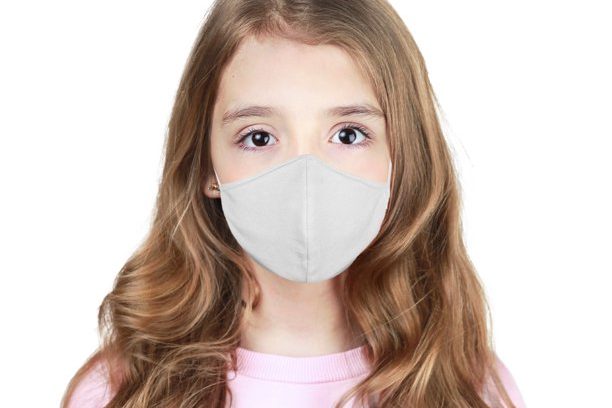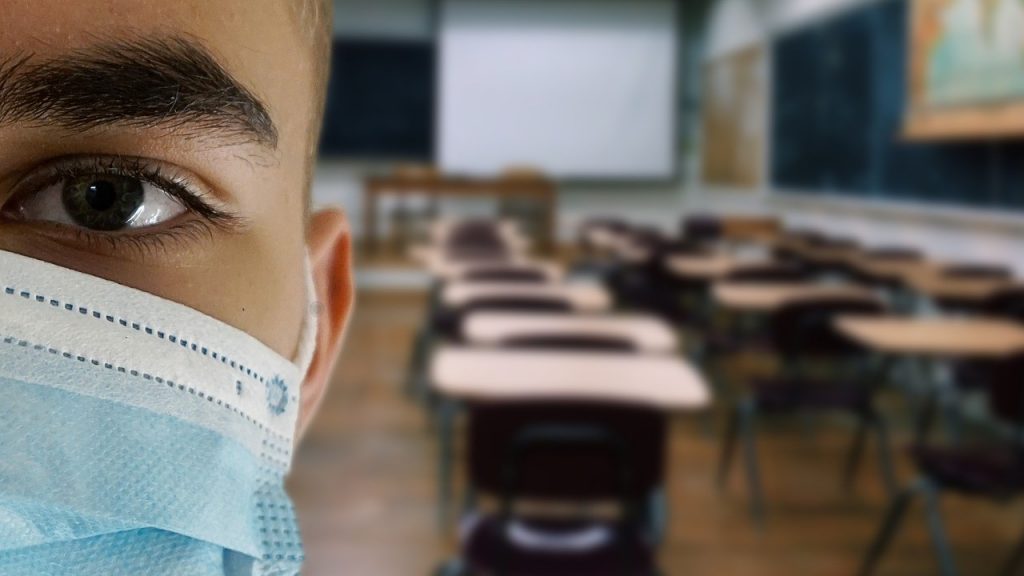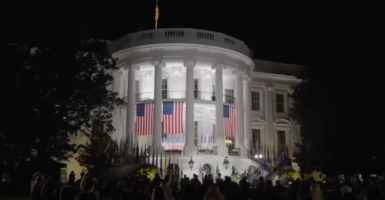Disabled Students Win Court Case Overruling State Law That Made Masks Optional
A federal judge ruled in favor of disabled students in a court case that could overrule one states new law making masks optional.

As the great mask debates perpetually continue, disabled students seeking mask mandates just took a huge step forward in their battle to protect themselves. Recently, a lawsuit was filed representing the families of 12 disabled students in the state of Virginia. The plaintiffs were seeking action against the recent passing of legislation that not only made masks optional in schools but also barred schools from being able to require them. After hearings, a federal judge in the State of Virginia sided with the families.
United States District Court Judge Norman Moon granted in part an injunction that was being sought after by the families. The twelve families of the disabled students were represented by various law firms and organizations, including the American Civil Liberties Union of Virginia, the Disability Law Center of Virginia, the Washington Lawyers’ Committee, and two private law firms. Judge Moon’s ruling stated that the state’s laws could not prohibit the students from seeking a “reasonable modification”, which might include a requirement that their classmates wear masks.
The law that made masks optional was signed in by Governor Youngskin back in February. After being sworn into office in January, the Republican Governor swiftly urged his constituents to end mask and vaccine mandates. After signing the bill into law, schools not only were set to become mask optional starting May 1st, but they similarly could not mandate students wear them. According to the plaintiffs, and now a federal judge, this state law was in direct violation of the federal government’s Americans With Disabilities Act.

The court case claimed that the disabled students’ health conditions aided in Moon’s decision on the ruling. The twelve students had conditions such as cancer, cystic fibrosis, asthma, Down syndrome, lung conditions, and weakened immune systems that made them exceptionally vulnerable to COVID. Similarly, the CDC states that disabled people with limited mobility, people who struggle with understanding practices of preventative measures against illness, and people who might be unable to communicate symptoms are at greater risk.
Eden Heilman, one of the legal directors representing the disabled students’ families said that the ruling was a significant win for her clients. Heilman said that the outcome of the court case could act as a “blueprint” for disabled students all around the nation as a marker to obtain proper accommodations where districts have barred the ability to require masks to be worn. And while it’s not quite there yet, the director also suggested that there may be a possibility of a class-action lawsuit in the future.
But Judge Moon was quick to remind the courtroom that this ruling was indeed not a class-action lawsuit. The ruling strictly applied to the 12 disabled students exclusively. Emphasizing that the executive order and state law mandating the new state’s rules on masks in public schools remained in effect, he said that any other family wishing to seek similar accommodations would have to go through the same process the families did.
As the ruling was just recently implemented, it remains unclear as to what the “reasonable modifications” will be for the 12 disabled students. However, it will most likely mean that the families are allowed to mandate that other children that share classrooms with the children will have to mask up. As one of the first court cases pursuing ramifications for states that impose on disabled students’ rights, it will likely lead way for a slew of similar suits to follow.



